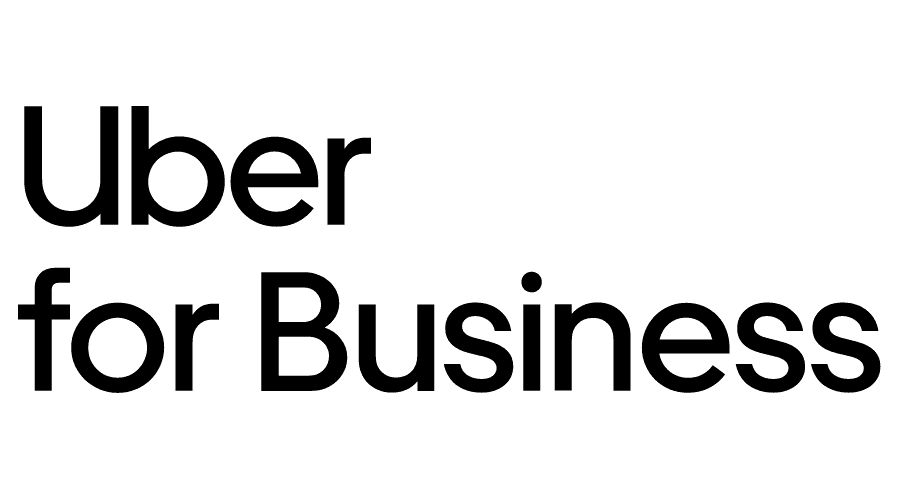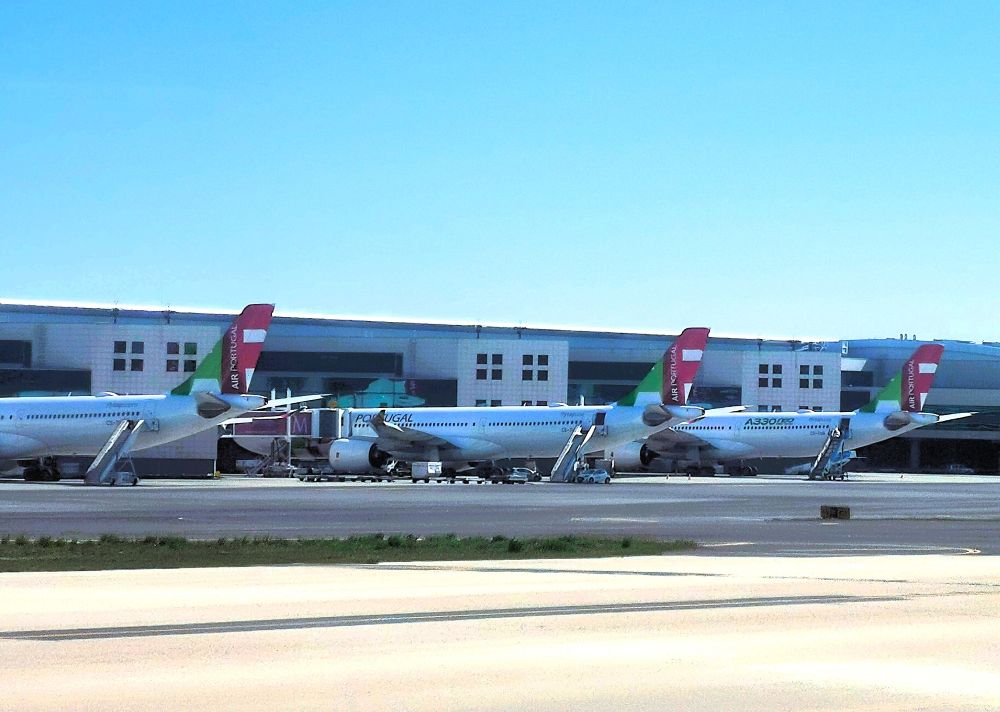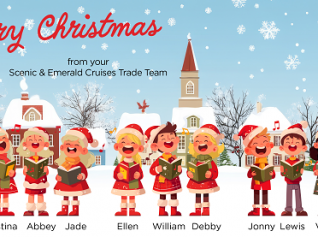Feature: CRM in the travel industry

CRM in the travel industry: An explanation of the background to CRM, how it is being implemented and the opportunities it provides. Sponsored by Sabre. Written by Mike Swindell.
Customer Relationship Management at its simplest is blindingly obvious – getting the best returns out of your clients.
Over the past two or three years CRM has become cloaked in an air of mystery which has allowed technology companies to develop and offer systems they say will do wonders for your sales.
But most of the experts in the travel industry warn against spending vast sums of money in the hope of achieving automated marketing nirvana.

The partner in the Equinus Consultancy added: “For automated CRM to make sense you have to have volume, which means you have to be a large company, and for those companies, the problems of integrating any wide ranging CRM software into existing legacy systems are monstrous.”
Mr Cogan added: “It will be a brave guy who says CRM is going to be a key aspect of his future technology strategy.”
This problem is expressed by Kuoni marketing manager Matt Rooke who has been heavily involved in developing the worldwide tour operator’s database marketing systems over the last five years.
“We have a mainframe system that has been built up over 25 years and works on IBM AS400 technology,” he said. “The new CRM technology that is being offered in the industry uses Windows-based technology and trying to integrate the two would be far from an easy task.
“Sure, you can bolt on a few little extras and make a few tweaks but it would be a nightmare if you made wholesale changes and found that 25% of your customers are missing from the loop.”
Kuoni has worked in-house on a step-by-step basis toward building an automated CRM system that delivers a client loyalty database. But having the information is one thing, and using it effectively is another.
“We are able to use that database from a marketing perspective by sending out information that we believe the customer would be interested in,” said Mr Rooke. “The danger in this is that by making assumptions about clients’ preferences in holidays you run the risk of not offering the customer information that is relevant to their wishes today – they may have moved on.”
TUI UK, which recently won a Precision Marketing Award for its Holiday Countdown campaign, is not averse to spending money on technology, but head of CRM Cliff Hudson said companies should not be blinded by science and succumb to the blandishments of software developers.
“Equipment suppliers have jumped on the CRM bandwagon and are eager to sell you several millions of pounds worth of software enhancements,” he said. “But effective CRM is less to do with the automation of systems and more to do with the integration of customer-focused learnings so you can target your clients with a marketing message in an appropriate manner. It’s not rocket science. It brings together technology, data and common sense.”

“My definition of CRM is a corporate culture change supported by skills and systems which focus products, people and processes on the acquisition and retention of customers in a way most appropriate to their value,” he said.
“The people who do this the best are owner-managers of small travel agencies because they work so closely with their business that they know their customers well almost by default.”
But he concedes that the larger the company, the greater the need for assistance from technological solutions. “Database marketing makes a useful contribution to CRM but you still have to think hard about how it can be usefully used,” said Mr Richer.
He added: “If you have someone who is always requesting brochures but does not shop with you, send out a 10 page brochure rather than a full version but if you have a customer who shops with you and spends frequently, reward them with premium service – perhaps by giving them access to a special phone line.”
Even some technology suppliers do not beat the systems drum to the exclusion of all else. Mark Lewsey, UK marketing director for Amadeus said: “CRM is wonderful, but it is a buzzword.
“It doesn’t matter if you have a technical solution or not. What is important is customer retention.
“In some cases this can be achieved by having a box on the floor full of names and addresses or else a bit of technology which tells you the same thing. Get rid of the buzzword and get to know your customer.”
That is not to say that Amadeus is bereft of technical solutions. The company is working on the development of an online portal for all its products, which would have in-built CRM functions.
Dan Van Winkle, Sabre’s director of marketing for the Europe, Middle East and Africa region is another to advise caution when faced with technology suppliers claiming a total CRM fix.
“How could you have just one magic tool when their needs are constantly changing?” he asked.
He pointed out that Sabre has historically offered travel agents tools that give information on customers’ booking patterns and preferences but as the travel industry evolved, so too should the tools.
“We are now taking all our CRM tools and grouping them under the name Sabre Magnify which is an index of data, specific to individual customers,” said Mr Van Winkle.
This is the first phase of a new CRM development plan which will see the regular launch of further tools such as Advance Search, which would target, for example, clients with birthdays or anniversaries coming up.
Worldspan estimates that good CRM could increase revenue by as much as 30% and points to its client profile system as examples of useful aids in the battle to understand customers and use that knowledge to maximise returns.
The GDS says Trip Manger is another good example of an effective CRM tool because it improved the customer experience while cutting costs and increasing revenue for all.
“One of the keys to the future is integrating CRM programmes such as Siebel and SAP into Trip Manager and other products,” said Worldspan vice-president staff business development for the Europe, Middle East, Africa and Asia region Tim Wright.
“But in the end, CRM is about listening to your customers, learning from them and applying that learning so that customer service can be improved.”
Read previous features:
05 June: Corporate self booking tools, sponsored by Sabre
20 May: E-ticketing sponsored by Sabre
12 April: Recruitment: Testing times by New Frontiers
25 April: The GDSs sponsored by Galileo
13 Mar: Recruitment: Temporary Staffing Strategies by New Frontiers
28 Feb: British Travel Trade Fair 2002 by Reed Travel exhibitions
Have your say Cancel reply
Subscribe/Login to Travel Mole Newsletter
Travel Mole Newsletter is a subscriber only travel trade news publication. If you are receiving this message, simply enter your email address to sign in or register if you are not. In order to display the B2B travel content that meets your business needs, we need to know who are and what are your business needs. ITR is free to our subscribers.







































Airlines suspend Madagascar services following unrest and army revolt
Qatar Airways offers flexible payment options for European travellers
Airbnb eyes a loyalty program but details remain under wraps
Air Mauritius reduces frequencies to Europe and Asia for the holiday season
Major rail disruptions around and in Berlin until early 2026